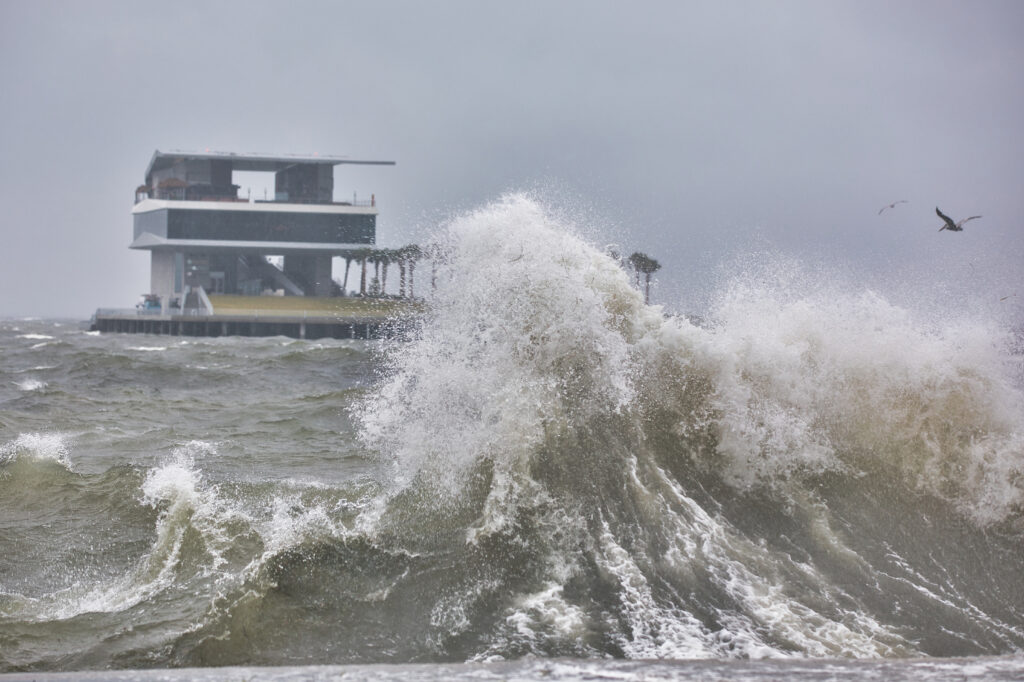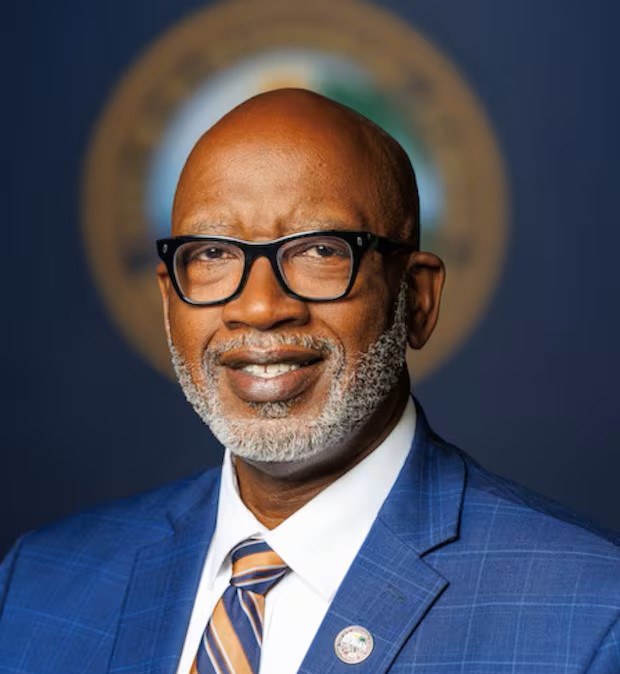By Kenneth T. Welch, St. Petersburg mayor
St. Petersburg is taking bold action to mitigate and adapt to our changing climate. The climate science is clear and requires us to act with a sense of urgency and purpose. The National Oceanic and Atmospheric Administration has confirmed 2023 was the hottest year on record, and 2024 is already on track to break that record. The 10 warmest years since 1850 have all occurred in the past decade.

St. Petersburg, as a coastal community, and the larger Tampa Bay region are poised to bear the brunt of a warmer climate: increased hazards from sea level rise, storm events and tidal flooding. Our priority has always been to protect and prepare our citizens, infrastructure and natural resources. I am proud to say we are doing exactly that. We use partnerships in all of our strategies, and last year, St. Petersburg was awarded more than $20 million in funding from the Florida Department of Environmental Protection’s Office of Resilience and Coastal Protection aimed at increasing resiliency in the face of climate change.
We have prioritized amplifying residents’ voices about the challenges they face, and we are continuing to actively listen to community concerns at our City Hall on Tour and listening sessions held this year. City employees are developing action plans to address our greatest vulnerabilities and neighborhoods most prone to repetitive losses, and our residents in low-lying communities.
To protect our citizens’ most precious assets — their homes and livelihoods — we are updating stormwater backflow preventers with newer models that will help reduce the amount of flooding experienced during high tide and storm surge events as well as planning for additional backflow preventers to address the increasing frequency of sunny-day flooding. In addition to this significant deployment of infrastructure upgrades, we are studying our seawall and physical infrastructure vulnerabilities to identify necessary improvements. We are acting quickly to improve conditions in advance of our upcoming hurricane season, while also prioritizing long-term resiliency planning at the city and with our regional planning council, to mitigate and adapt to climate change.

The Sunshine City is prioritizing the deployment of renewable energy on our municipal buildings as well as supporting efforts including the Solar for All program aimed at reducing barriers for our residents to solarize their homes. To provide our city respite from warming temperatures, we are increasing our tree canopy, with a goal of 30% canopy cover citywide with more than 600 shade trees planted annually. Neighborhood associations may submit applications for our tree mini-grant program to get free shade trees planted by citizen foresters and arborists in their right of way. These trees will provide a host of environmental and health benefits, including percolating stormwater, improving air quality and reducing the urban heat island effect.
We are grateful to our leaders in the federal government for making unprecedented investments in infrastructure through the Inflation Reduction Act, the Infrastructure Investment and Jobs Act and the Bipartisan Infrastructure Law that support resilience with a particular emphasis on intentional equity and environmental justice. St. Petersburg is aggressively targeting federal opportunities that will benefit the resiliency of our citizens while reducing the local cost burden.
Kenneth T. Welch is mayor of St. Petersburg. This opinion piece was originally published by the Tampa Bay Times, which is a media partner of The Invading Sea.
If you are interested in submitting an opinion piece to The Invading Sea, email Editor Nathan Crabbe at ncrabbe@fau.edu. Sign up for The Invading Sea newsletter by visiting here. To learn more about the urban heat island effect, watch the video below.



